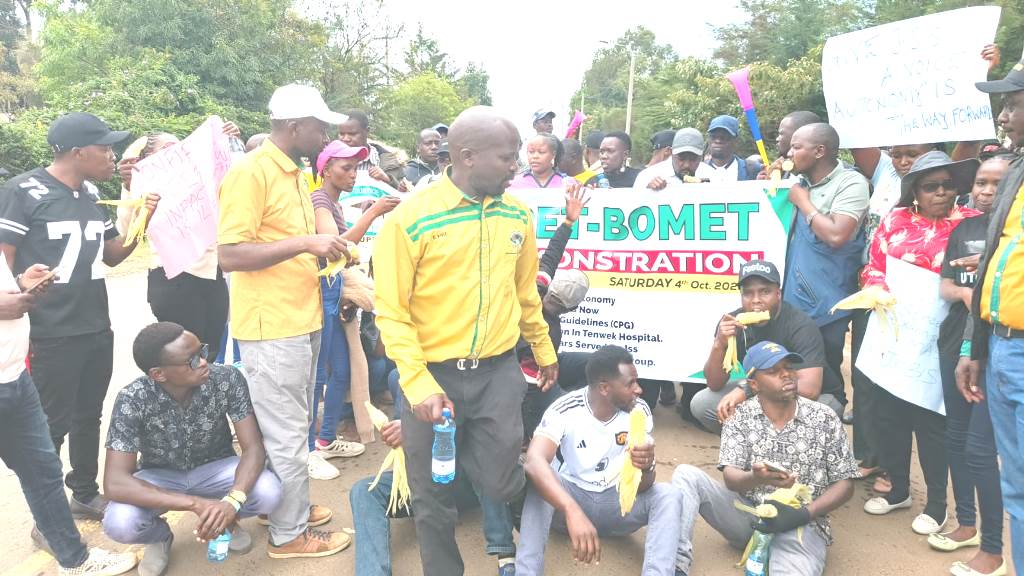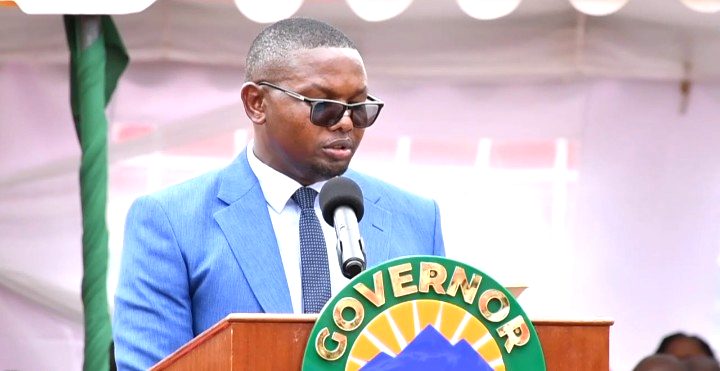The Junior Secondary School (JSS) system is teetering on the edge of collapse, and it is high time the powers that be faced the unvarnished truth. JSS teachers—young in age but carrying the weight of mature heads—are no longer willing to be ignored, dismissed, or forced to operate in a system that is plainly failing. Their voices are rising, not in rebellion, but in righteous insistence: respect our rights, value our expertise, and fix the system before it destroys itself.
Too often, discussions surrounding JSS are hijacked by petty questions of control. Who manages the funds? Who claims authority? Who is boss? Let it be known: authority counts for nothing if the system collapses while leaders squabble. Disregard for teachers is not strength; it is negligence. Every negative perception, every infringement on teachers’ rights, only makes their voices louder. Their “noise” is not a sign of disobedience—it is the sound of professionalism refusing to be trampled under the weight of bureaucracy, ego, and indifference.
Make no mistake: JSS teachers are clear-eyed and uncompromising. Many would rather teach grades one to six than continue in grades seven to nine, where failure is not accidental—it is structural, deliberate, and forced upon learners and teachers alike. They refuse to be complicit in a system that punishes effort and rewards dysfunction. This is not laziness; it is integrity. It is the refusal to be party to a slow-motion disaster inflicted on both teachers and learners.
Some heads of primary schools and KNUT officials may think they understand JSS from afar. Teachers are challenging them to step into classrooms, face the reality of overcrowded classes, impossible schedules, and systemic neglect, and then report their findings. Only by experiencing the pressures and constraints firsthand can policymakers and union leaders truly understand what is at stake. Theory, assumption, and distant oversight are worthless substitutes for lived experience. Teachers are saying, bluntly: “Step into our classrooms, witness the struggle, and then tell us you understand.”
The role of technical policymakers cannot be overstated. Leaving JSS tethered under the primary school structure, refusing autonomy, is not just incompetence—it is deliberate sabotage. A system that cannot operate independently is a system set up to fail. Teachers warn that structural constraints imposed by the very officials entrusted with oversight risk sabotaging the entire education system. In doing so, they undermine the decades-long efforts of the Head of State, who has invested immeasurable time and energy to ensure that education in Kenya thrives. JSS demands operational independence, technical oversight, and structural integrity. Anything less is a betrayal of learners, teachers, and the nation itself.
ALSO READ:
TSC forwards list of 38,000 teachers for P1 World Bank Upgrade Programme for verification
Confirmation of JSS interns to permanent and pensionable terms is equally non-negotiable. These teachers are the backbone of the system, providing continuity, stability, and professional commitment. Without proper confirmation, schools lose institutional memory, operational reliability, and the very professionals expected to deliver quality education. Rules exist, but exceptions must be made when learners’ futures hang in the balance. Securing competent interns is not indulgence; it is an urgent requirement for sustaining a functional and effective JSS system.
The focus of leadership in JSS must shift decisively. Leadership is not about ego, rivalry, or asserting dominance. It is about collaboration, advancing learning, and empowering teachers. Authority is meaningless if it crushes the system it claims to protect. Funds must serve education, not personal ambition. Misplaced priorities around control and allocation weaken the system and demoralize teachers. Leadership that prioritizes power over purpose undermines the very mission of JSS.
Disregard, delays, and trivialization of teacher concerns create a toxic environment in which morale and commitment steadily erode. Yet, when teachers are heard, respected, and empowered, the same energy that could fuel conflict is redirected toward teaching excellence, innovation, and the growth of learners. Mature heads walking on young bodies—the young professionals who form the backbone of JSS—deserve an environment that nurtures their skills, recognizes their contributions, and gives them the space to operate with dignity and effectiveness.
JSS teachers have also made it clear that they will not tolerate being associated with a system they see as failing. Many openly express that they would prefer to teach grades one to six rather than remain in grades seven to nine, where they witness systemic failures being forced down the throats of learners and educators alike. This stance is principled. It is a refusal to participate in dysfunction. Teachers are drawing a line: professionalism is not optional, and they will not sacrifice integrity for a broken system.
ALSO READ:
Audit uncovers 87,000 ghost learners as over 44,000 schools cleared for capitation
By every negative perception, every disregard, every instance where their rights are trampled upon, JSS teachers become louder in demanding attention. Their “noise” is not a problem to be silenced—it is a warning. Ignore it, and the consequences will be felt across classrooms, schools, and the education system at large. Battle after battle, contest after contest, will follow, all at the expense of learners who are meant to be the beneficiaries of this system.
The future of JSS depends on respect, reason, and reform. Teachers must be heard, their rights protected, and their professional integrity upheld. Interns must be confirmed to permanent positions to ensure continuity and stability. Technical policymakers must step into classrooms, make decisions grounded in expertise, and secure autonomy where necessary. Authority must serve learning, not ego; funds must serve teaching, not self-interest. And make no mistake: the system will fail without these interventions.
Leadership in JSS must be measured not by power or hierarchy, but by outcomes. True leadership listens before it acts. It values collaboration over control. It empowers teachers instead of undermining them. The measure of success is learner achievement, teacher morale, and the integrity of the system—not who sits in the office or controls the funds. Anything less is failure dressed as management.
Time is running out. Mature heads walking in young bodies cannot carry the burden of a failing system forever. Respect, focus, purpose, recognition of rights, confirmation of competent teachers, technical oversight, and autonomy are the pillars upon which JSS can thrive. Ignore these imperatives, and the system will collapse under its own mismanagement and neglect.
JSS teachers are speaking—they are the pulse of the system. Their demands are clear, their warnings are urgent, and their patience is running thin. The choice is stark: listen, act, and empower, or stand by and watch a generation of learners and educators suffer the consequences of systemic failure.
Respect, reason, and reform are not luxuries—they are lifelines. The time for half-measures, bureaucracy, and ego-driven leadership is over. Listen, act, or face the collapse of a system that is too vital to fail.
By Hillary Muhalya
You can also follow our social media pages on Twitter: Education News KE and Facebook: Education News Newspaper for timely updates.
>>> Click here to stay up-to-date with trending regional stories
>>> Click here to read more informed opinions on the country’s education landscape
>>> Click here to stay ahead with the latest national news.






